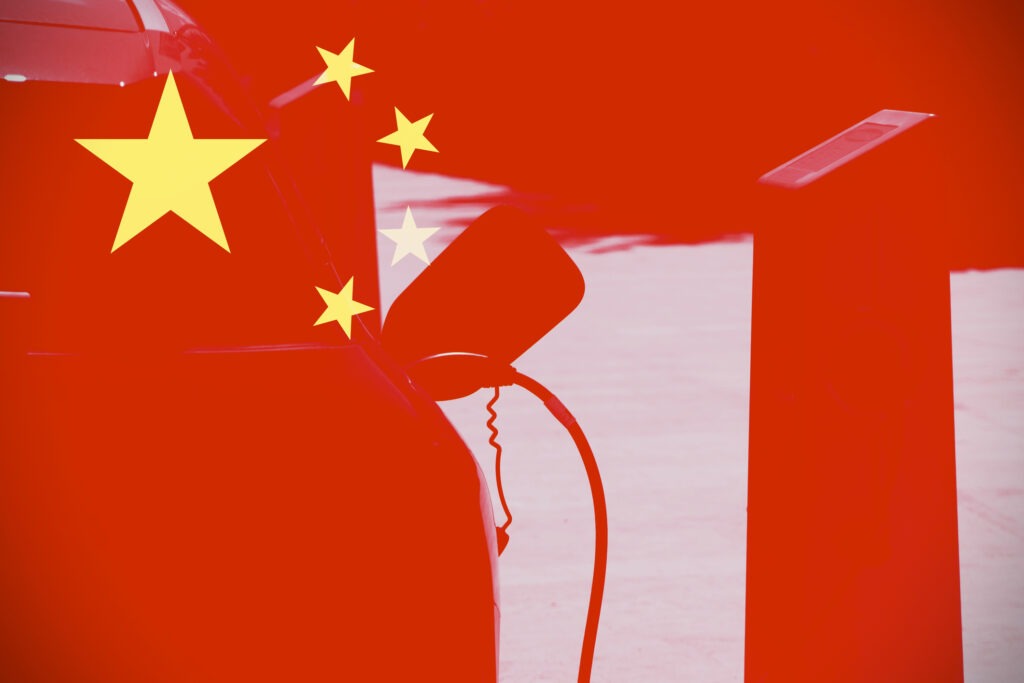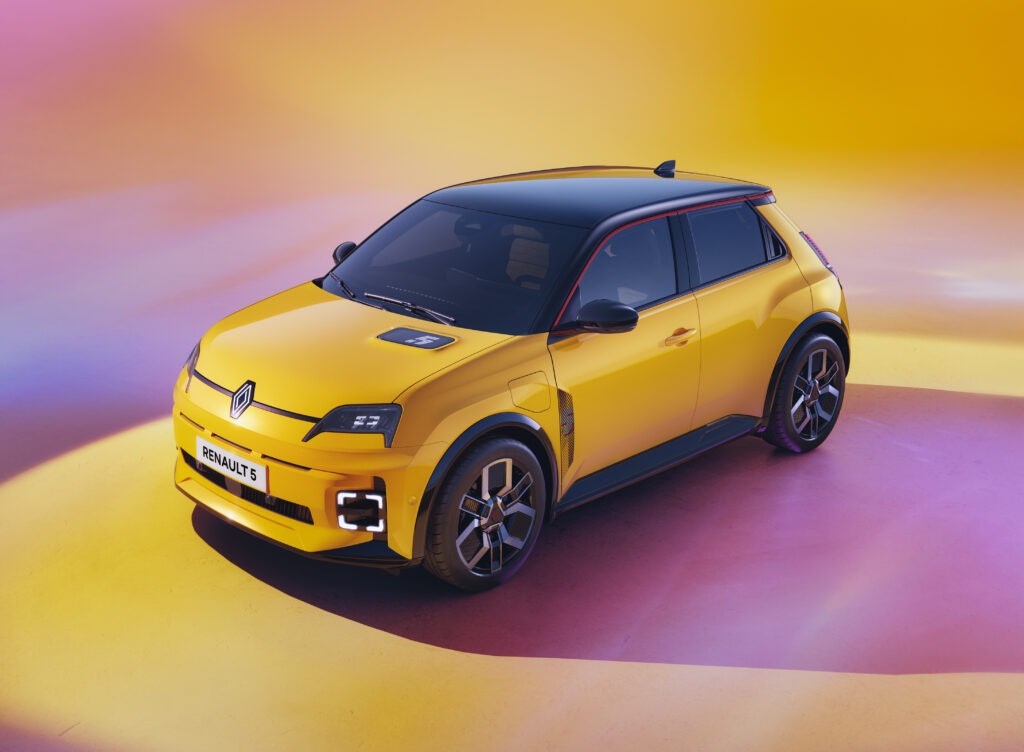Improved Tesla performance in Europe but competition closes in
19 November 2024

Tesla continued to lead the growing European electric vehicle (EV) market, but its competitors have closed the gap. José Pontes, data director at EV Volumes, reviews the data with Autovista24 journalist Tom Hooker.
In September, the European EV market returned to growth, while Tesla extended its advantage as the region’s best-selling plug-in brand. Benefitting from an end-of-quarter delivery peak, the manufacturer increased its market share across the first nine months of 2024.
At the end of September, it accounted for 11.4% of all EV deliveries in Europe. This was 0.5 percentage points (pp) ahead of its result recorded in August. The performance will likely see Tesla secure its third EV best-selling brand title in a row.
However, despite this success, the brand’s competitors closed the gap compared to last year. In the first nine months of 2024, a market share difference of 1.4pp separated Tesla from its nearest rival. This was down from a 4.3pp lead recorded 12 months ago. The carmaker may, therefore, have a harder time replicating its success in 2025.
EV market share gains
BMW came second, accounting for 10% of deliveries from January to September. This was down 0.1pp from August. However, this was an improvement from its 8.1% share one year ago, as brands benefitted from Tesla’s reduced dominance.
BMW had a 1.3pp advantage over its domestic rival, Mercedes-Benz. The latter made up 8.7% of EV registrations in the first nine months of the year, dropping 0.1pp from August. Yet, Mercedes-Benz saw a 1.1pp improvement year on year.
Behind, Volvo lost ground to the top three, dropping to an 8.3% share in September from an 8.5% share in August. However, this result was an increase of 2.7pp from one year ago.
VW out of time?
In fifth, Volkswagen (VW) was the only marque other than Tesla to gain ground in September. It rose 0.3pp month on month, recording a 7% market share. Despite this improvement, it still sat 1.4pp behind its 2023 performance.
VW appeared in the European EV top three almost every year since 2015. Yet, the brand started 2024 poorly, with its registrations struggling in the first half of the year. Now recovering, a sales push is expected to try and reach third by the end of 2024, but time is running out.
Audi lost more ground to the top five in sixth place, with its 6.3% share down 0.1pp on August. However, its competitors were still a distance behind. Kia dropped from a 4.4% share in August to account for 4.2% of deliveries between January and September. Peugeot also lost ground, making up 4.2% of the market, down 0.2pp from the previous month.
Tesla jumps forward
With brands gathered under manufacturing groups, VW Group held a stable lead. The OEM took a 20.8% share of the European EV market in the first nine months of 2024. This was a 0.4pp improvement from August and 0.6pp ahead of the same period one year ago.
Tesla jumped up two positions to second in September, profiting from its expected end-of-quarter registration peak. It captured 11.4% of the market, up 0.5pp from August. However, this result was some distance behind its 12.7% share from 12 months ago.
BMW Group was also on the rise, thanks to strong performances from its Mini brand. The OEM accounted for 11.1% of deliveries, an increase of 0.1pp from August and 1.5pp year on year.
Stellantis slips
In fourth, Stellantis slipped 0.3pp to a 10.7% share from January to September. This was significantly below its 14% market hold recorded during the same period in 2023. Yet, if the ramp-up of its new affordable EVs goes smoothly, it could rebound in the fourth quarter.
This could make an interesting battle for second place, with Tesla, BMW and Stellantis all fighting for the position.
Meanwhile, Geely-Volvo was stable in fifth, capturing 10.5% of plug-in registrations. This was a 0.1pp decline from August but 2.7pp up year on year. If Stellantis encounters troubles in the fourth quarter, Geely-Volvo could catch the group ahead of it.
Mercedes-Benz Group was some distance behind in sixth. It reached a 9% share from January to September, down 0.1pp from the previous month. Yet, the result was an improvement from its 8.5% share in the first nine months of 2023.
Lastly, Hyundai Motor Group fell 0.2pp from August, making up 7.7% of the market in the year to date. This was also 0.7pp below its performance from 12 months ago.




